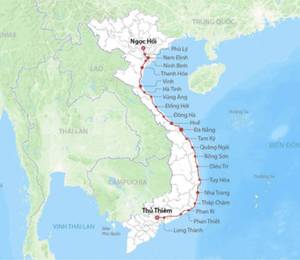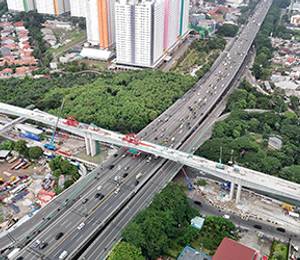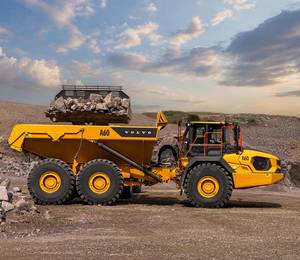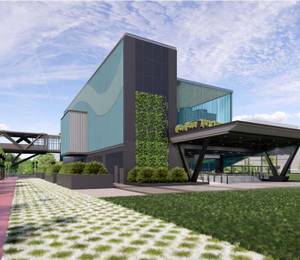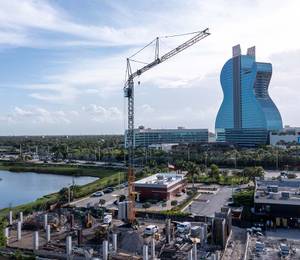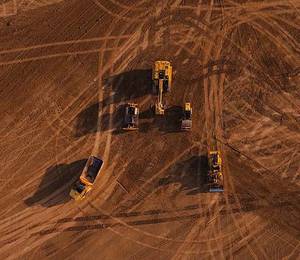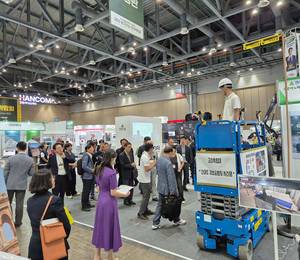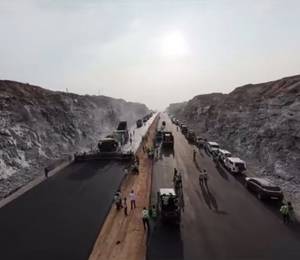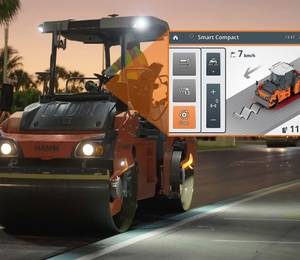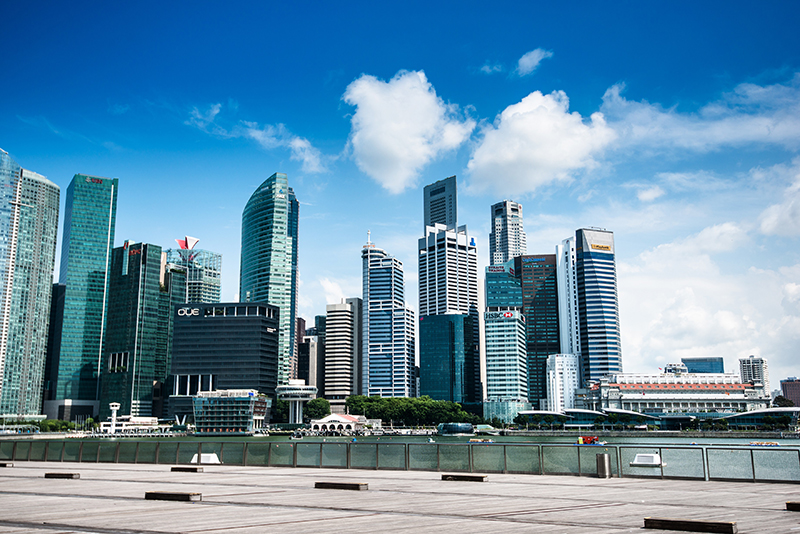USG Boral has relocated its corporate headquarters from Kuala Lumpur, Malaysia to Singapore. The company’s key executive team will now be based in the Singapore office, located in Shenton Way, including the chief executive officer (CEO), chief technical officer (CTO), general counsel and senior vice president of Human Resources (HR), while the Kuala Lumpur office will continue to serve the crucial function as its operations headquarters.
“We want to ensure our organisation is primed for strong and continued growth in the region. Being located in Singapore will enable us access to a broader talent pool in the market and enhance our corporate profile in the construction industry,” said Frederic de Rougemont, CEO of USG Boral. “This is an exciting and significant milestone in USG Boral’s journey to constantly innovate with the best and brightest in the region.”
Singapore is currently home to more than 7,000 multinational corporations’ (MNCs) regional or global headquarters, and thus it is an excellent platform for USG Boral to network and establish relations with key decision makers and government agencies. The company also said that Singapore provides access to fast-growing economies including China, India and Southeast Asia – all of which are key markets for USG Boral.
What’s more, with the recent initiatives from the local government to boost the construction sector, such as the launch of the Construction Industry Transformation Map (ITM) and Infrastructure Office, this strategic move will allow USG Boral to leverage opportunities to support its business growth and succession planning.
Now based in Singapore, USG Boral Building Products was founded in 2014 as a joint venture between USG Corporation and Boral Limited. A global manufacturer and supplier of plasterboards, the company produces plasterboard, ceiling tile and suspension systems, metal framing, jointing compounds, and industrial plasters across Asia, Australia and the Middle East. It currently has approximately 3,200 employees, 24 manufacturing plants and three gypsum mines across Australia, China, Thailand, Indonesia, South Korea, Vietnam, India, Malaysia, Philippines, Oman and Saudi Arabia.
